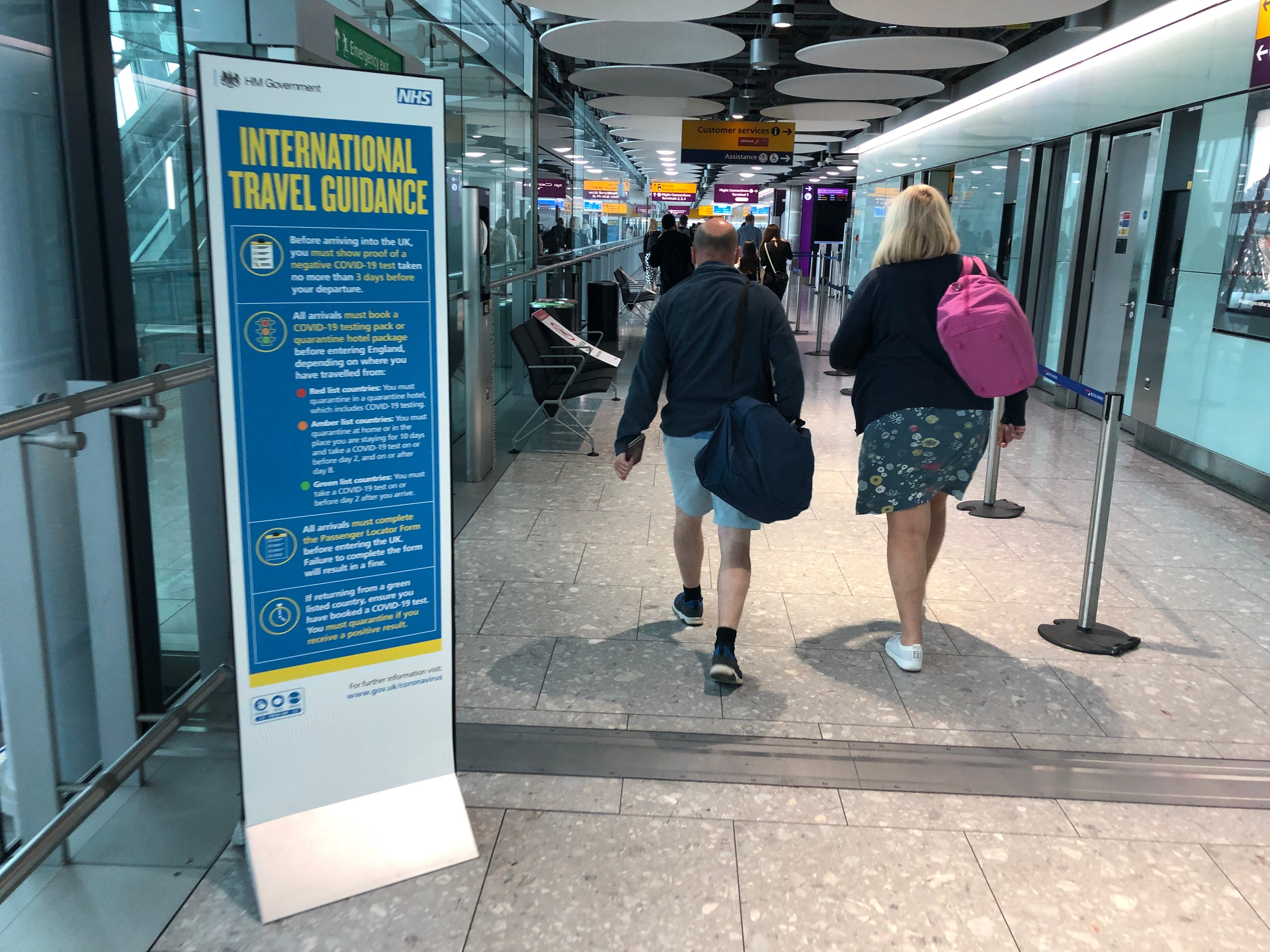Could ‘pay when you fly’ ever happen again?
Plane Talk: The airlines are in such terrible shape, they may try leaving the cash collection to the last minute

Late in 1974, shortly after British Airways was formed from British European Airways and BOAC, an excitable press release emerged from the airline talking about a “revolutionary” new service: Shuttle.
If you wanted to fly from London Heathrow to Belfast, Edinburgh or Glasgow, you could simply turn up at the departure gate 10 minutes before the plane was scheduled to leave and insist on a seat.
What happened when there were more on-demand passengers than seats onboard? Simple: if a breathless passenger rushed up to the desk with 11 minutes to go and the Trident jet was filled, no problem. The back-up crew put down their coffee and prepared the standby aircraft for departure. On more than one occasion, a plane was dispatched with a single passenger onboard.
Of course it was incredibly wasteful of the valuable assets of crew, aircraft and fuel. But in the days of astronomically high fares it was a feasible business strategy.
As competition increased, British Airways dispensed with Supershuttle (as it had become) and adopted the conventional model: each flight is filled with a mix of passengers, some of whom have committed a long way in advance and paid relatively little, with those demanding the flexibility to book late paying most.
That was the convention, at least. But the coronavirus pandemic has transformed travellers’ behaviour, and forced the airlines to adopt new practices. I have successfully used the easyJet and Ryanair fee-free change option shortly before departure, while with British Airways I can cancel my plans at any time up to the close of check-in.
I won’t get my money back, but I will get a voucher which I can happily use on a future trip.
These policies replace much more onerous terms, in which the budget-fare passenger could expect to be left with a few pounds in returned taxes in the event of a late-notice change of plan.
I am not sure that travellers will be happy to see the new normal return to the old ways. And now a proposal has emerged that shares characteristics with BA’s Shuttle: pay when you travel.
The idea floated by the global distribution service Amadeus is that you perhaps put a small deposit of 10 per cent fare down, but you do not pay the rest until you arrive at the airport to board your flight.
This solves the problem that has bedevilled millions of passengers who have found their travel plans torn up by the coronavirus pandemic: getting actual money back from the airline when the flight is cancelled or circumstances (such as travel bans) make it impossible to travel.
If you haven’t handed over more than a small fraction of the cost, the theory goes, you won’t be unduly bothered.
When so many flights are being cancelled, waiting weeks for a refund of £20 for a journey priced at £200 would be more tolerable. And if plans or rules change and you decide not to travel, I guess many of us would regard surrendering £20 for a £200 flight as a relatively small price for the freedom to decide whether to travel on the day.
What would it do to the airlines’ fortunes? Well, I have it on good authority that at least one large and (usually) successful European carrier already offers that facility to its best corporate customers.
Cash flow and balance sheets are adversely affected: money upfront has kept many an airline afloat. But frankly the past 16 months have proved disastrous for those metrics anyway. If it bolsters passengers’ confidence, pay when you fly might prove a short-term fix.
The airlines could even reach back to the British Airways Shuttle which had an amazing “pay after you take off” system. Yes, after departure cabin crew would act as flying bus conductors and go around collecting fares – with people encouraged to pay using one of those newfangled credit cards.
Subscribe to Independent Premium to bookmark this article
Want to bookmark your favourite articles and stories to read or reference later? Start your Independent Premium subscription today.

Join our commenting forum
Join thought-provoking conversations, follow other Independent readers and see their replies